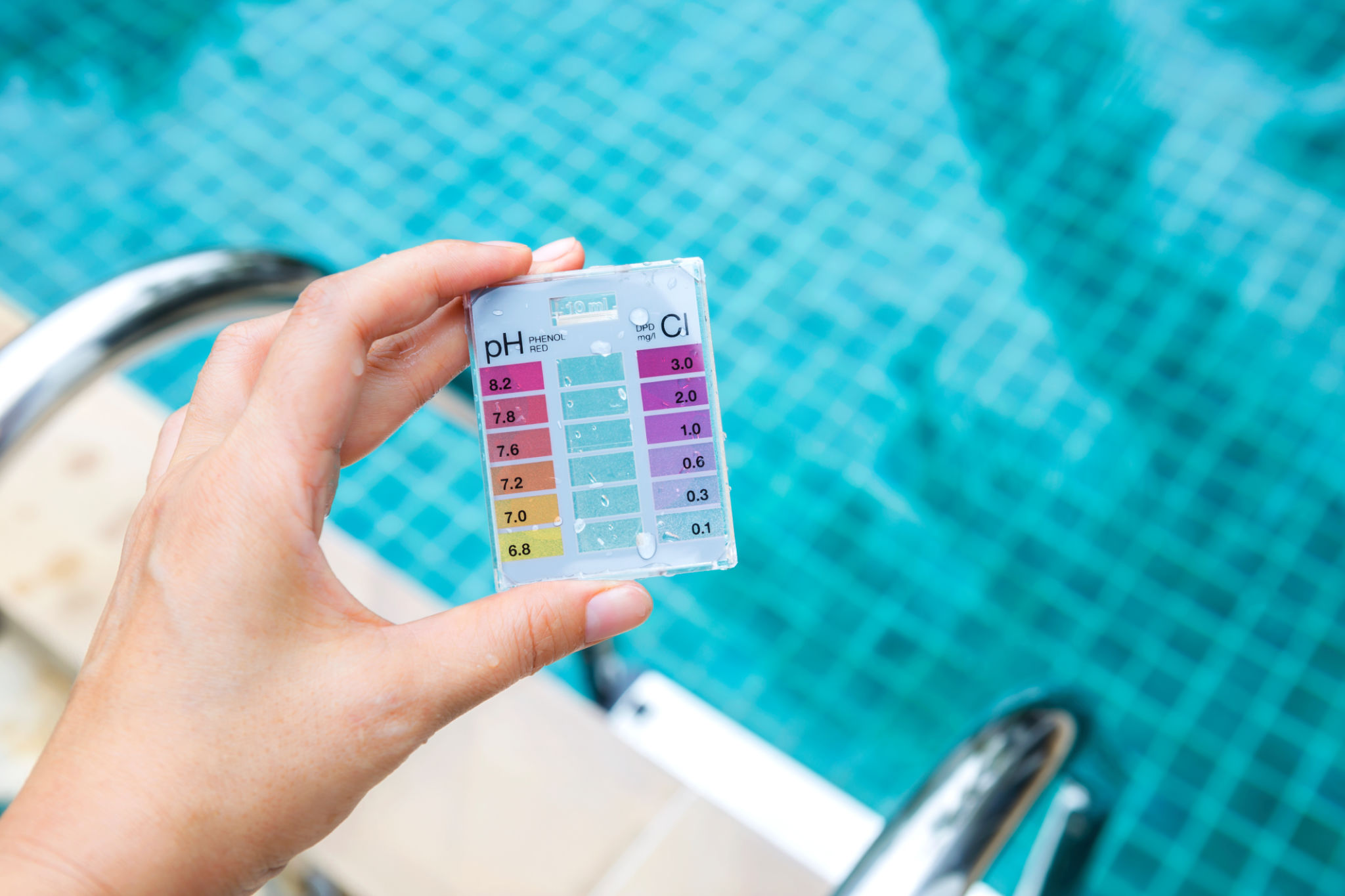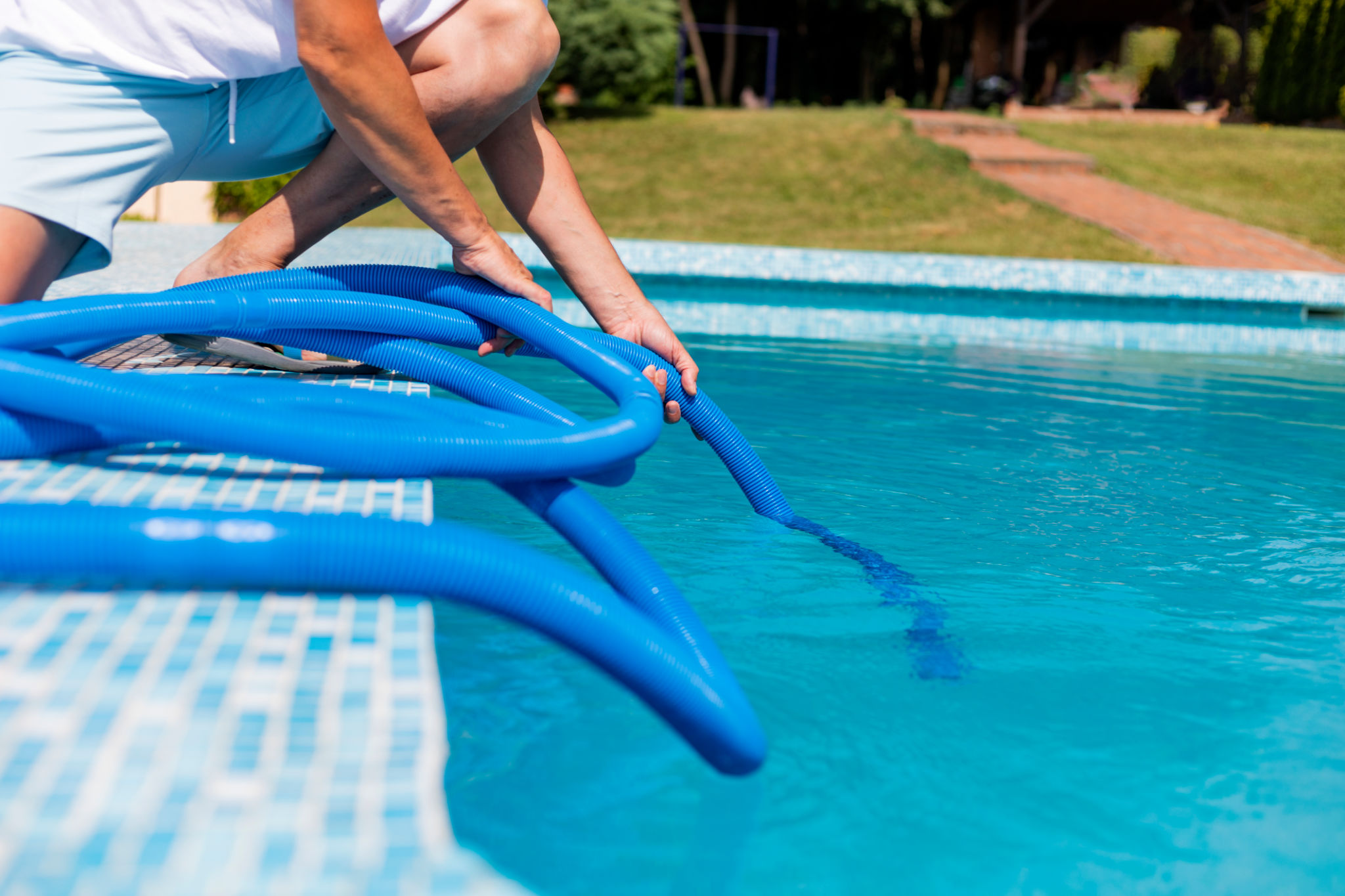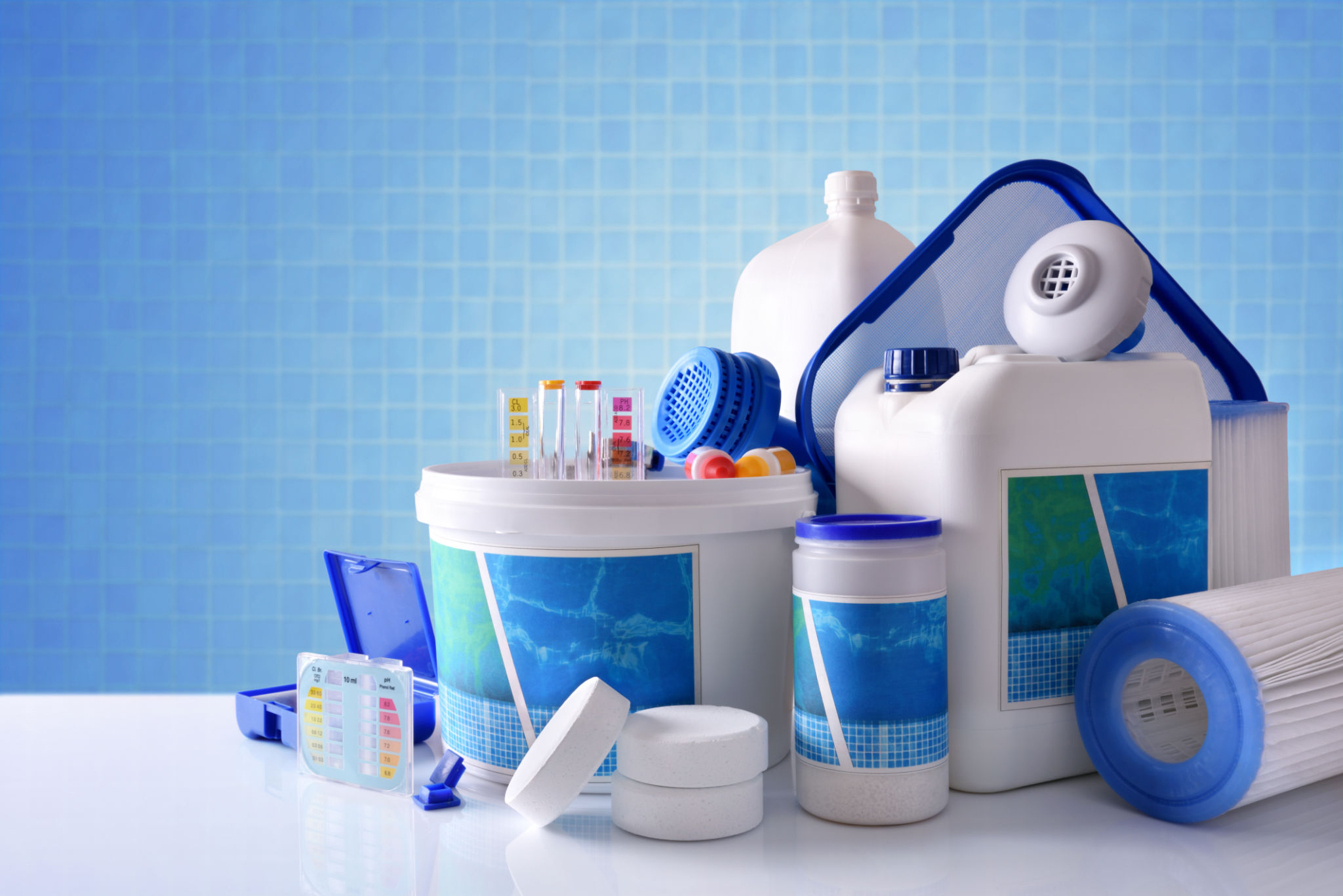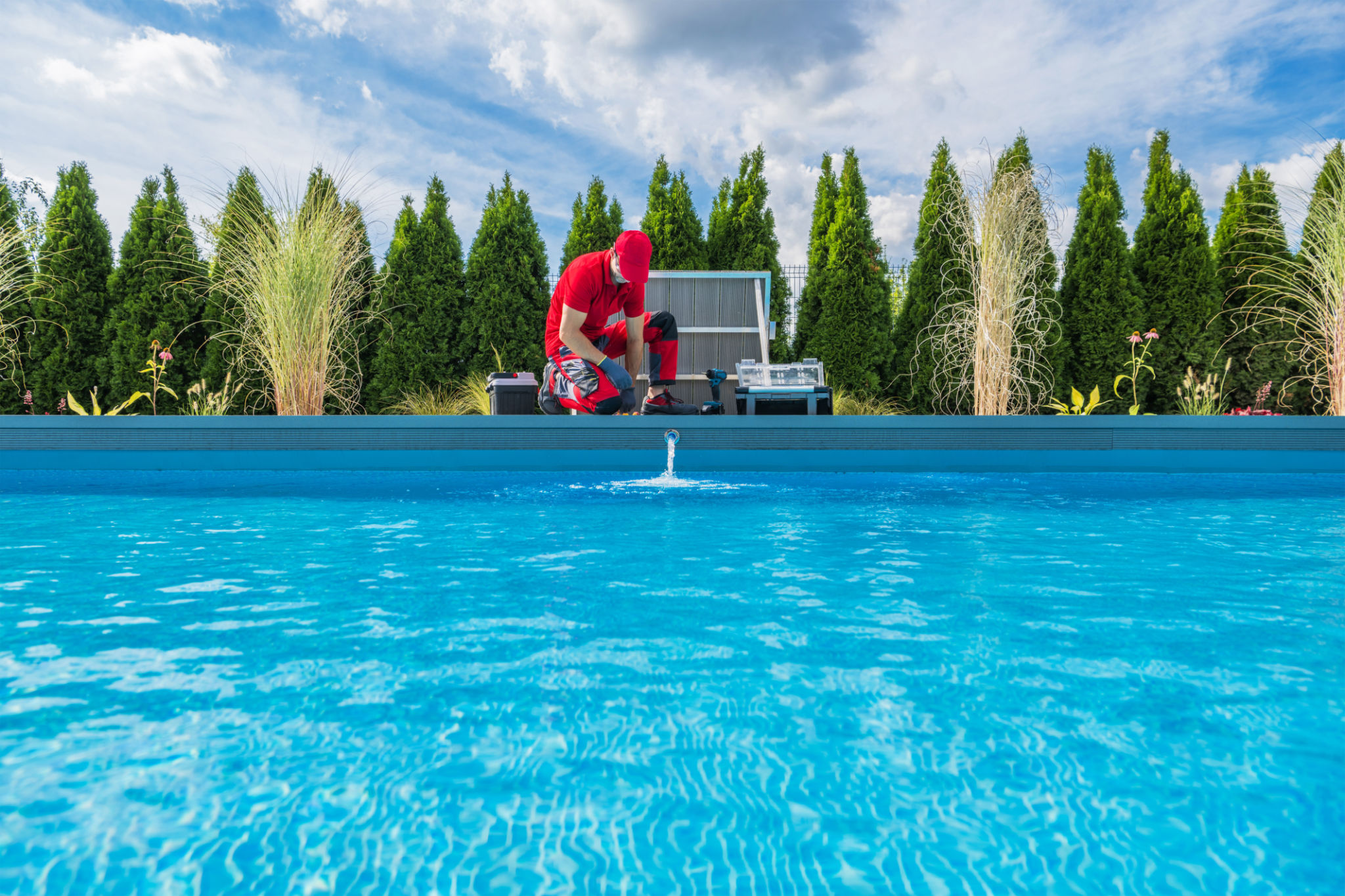The Importance of Pool Water Testing: Keeping Your Pool Safe and Sparkling
Understanding the Basics of Pool Water Testing
Swimming pools provide a refreshing escape during hot summer days, but maintaining a pool requires more than just filling it with water. Regular pool water testing is essential to ensure that the water remains safe and healthy for swimmers. This process involves checking various chemical levels in the water, such as chlorine, pH, alkalinity, and calcium hardness, to maintain a balanced environment.

Neglecting regular water testing can lead to several problems, including skin and eye irritation, algae growth, and even damage to the pool structure. By understanding the importance of maintaining balance in your pool water, you can keep your pool both safe and sparkling throughout the swimming season.
The Benefits of Regular Water Testing
Regular pool water testing provides several benefits beyond simply ensuring cleanliness. It helps in preventing health hazards by keeping harmful bacteria and pathogens at bay. Proper chemical balance also extends the lifespan of your pool equipment by preventing corrosion and scaling.
Moreover, balanced water chemistry enhances swimmer comfort by minimizing skin and eye irritations. The aesthetic appeal of a crystal-clear pool can also be maintained through diligent water testing and treatment. These benefits underline why routine testing is an essential part of pool maintenance.

Essential Pool Chemicals and Their Role
The main components tested in pool water include chlorine, pH levels, total alkalinity, and calcium hardness. Chlorine acts as a disinfectant, killing bacteria and keeping the water clear. The pH level should be maintained between 7.2 and 7.8 to ensure comfort for swimmers and protect pool surfaces.
Total alkalinity acts as a buffer for pH levels, preventing drastic changes that can lead to corrosive or scaling conditions. Calcium hardness is important for protecting plaster surfaces or tiles from becoming etched or stained. Understanding each component's role helps in achieving a well-balanced pool environment.

How Often Should You Test Your Pool Water?
The frequency of pool water testing can vary based on usage, weather conditions, and other factors. During peak swimming season, it is recommended to test your pool water at least two to three times per week. Regular testing ensures that any chemical imbalances are promptly addressed.
In addition to routine checks, it is crucial to test your water after heavy rainfall or periods of intense use, as these can significantly alter the chemical balance. By adhering to a consistent testing schedule, you can prevent potential issues before they arise.
Tools for Pool Water Testing
There are several tools available for pool water testing, ranging from simple test strips to more advanced liquid test kits and digital testers. Test strips are user-friendly and provide quick results for basic parameters such as chlorine and pH levels.
For more accurate readings, liquid test kits offer a detailed analysis of various chemical levels. Digital testers provide precise measurements with minimal effort, making them a popular choice for pool owners who want accuracy without complexity.
Taking Action on Test Results
Once you've tested your pool water and received the results, it's time to take action. If any levels are outside the recommended range, adjustments should be made promptly. This might involve adding or reducing certain chemicals to restore balance.
Pool maintenance professionals can offer guidance on how to adjust chemical levels effectively. Keeping detailed records of your testing results helps in identifying patterns and making informed decisions about ongoing maintenance needs.

Conclusion
Regular pool water testing is not just a task—it's an investment in the safety and enjoyment of your swimming environment. By understanding the critical role that water chemistry plays in maintaining a healthy pool, you can ensure a safe and sparkling oasis for family and friends.
Whether you're a new pool owner or a seasoned pro, committing to diligent water testing is key to enjoying your pool to the fullest. Prioritize this essential aspect of pool care to keep your summer days filled with fun and relaxation.
